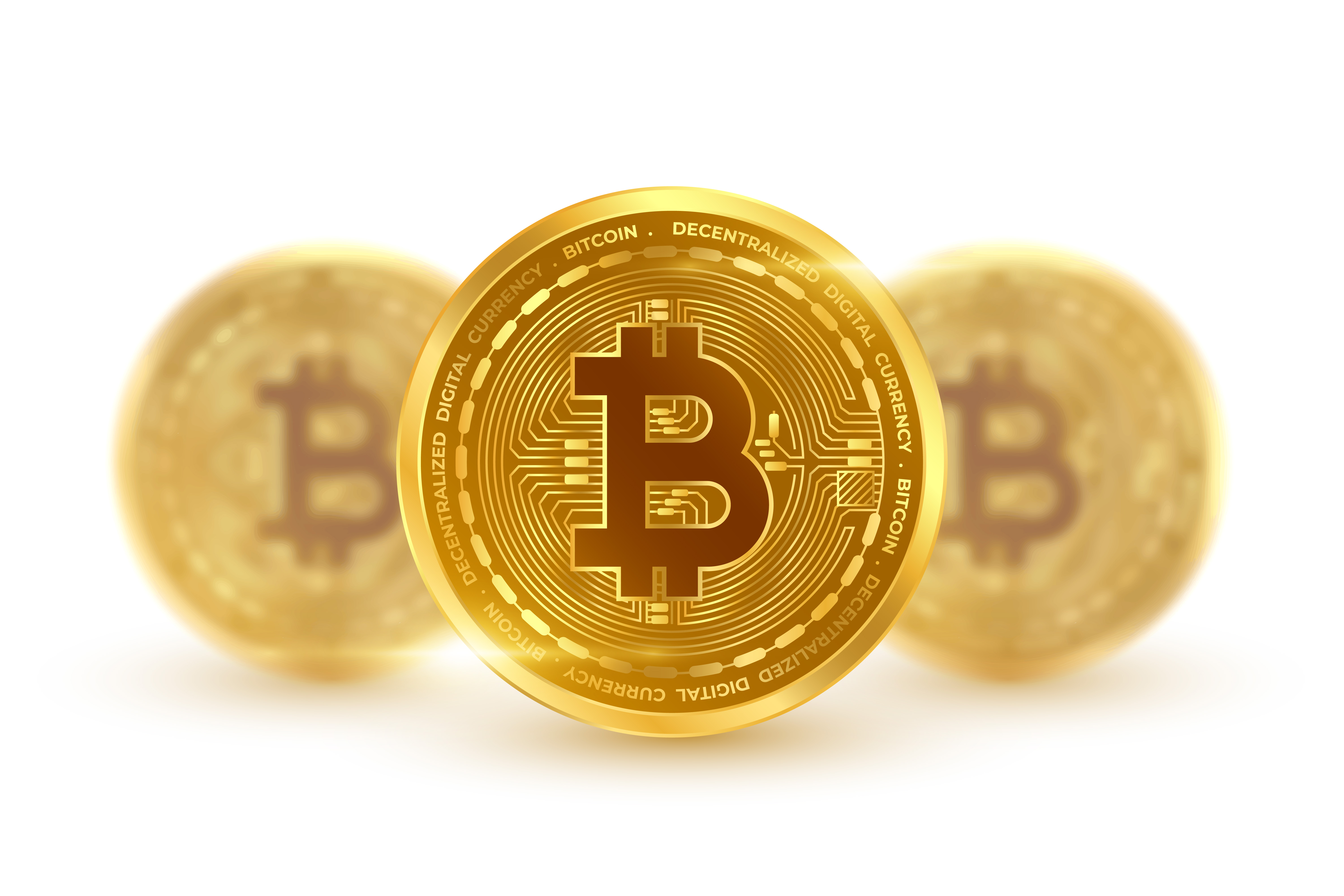
Understand What Bitcoin Is
Before diving into purchasing Bitcoin, it's important to know what it is. Bitcoin is a decentralized digital currency that allows people to send and receive money without a central authority like a bank. It runs on a blockchain, which is a public ledger where all transactions are recorded. Bitcoin is secure, borderless, and limited in supply, making it attractive for investors.
Legal Status of Bitcoin in Kenya
As of now, Bitcoin is not classified as legal tender in Kenya, but it is not illegal either. The Central Bank of Kenya has issued warnings about the risks of trading in cryptocurrencies. However, many Kenyans are actively buying, selling, and holding Bitcoin through various platforms. Always stay updated with any government regulations concerning cryptocurrency.
Set Up a Bitcoin Wallet
To buy Bitcoin, you need a digital wallet. This wallet will store your Bitcoin securely. There are different types of wallets: mobile wallets, desktop wallets, hardware wallets, and web-based wallets. Mobile wallets like Trust Wallet, Binance Wallet, or Paxful Wallet are ideal for beginners due to ease of use. Once installed, make sure to back up your wallet recovery phrase.
Choose a Reliable Bitcoin Exchange
You will need to use a cryptocurrency exchange platform to buy Bitcoin. In Kenya, several trusted platforms allow you to purchase Bitcoin using Kenyan Shillings or other payment methods. Some of the most popular ones include Binance, Paxful, LocalBitcoins, Yellow Card, and Remitano. Always choose a platform with high security, user reviews, and active support.
Register an Account on the Exchange
To start buying Bitcoin, you must sign up on the exchange of your choice. This process usually involves entering your email address, phone number, and verifying your identity (KYC process). You may need to upload a copy of your national ID or passport for verification. Completing this step increases account security and access to higher transaction limits.
Secure Your Account
Once your account is verified, secure it by enabling Two-Factor Authentication (2FA). This adds an extra layer of protection. Also, avoid sharing your login credentials and always log out after use. Scammers often target new users, so it's wise to stay alert.
Deposit Money Into Your Exchange Wallet
Most platforms that operate in Kenya allow you to deposit money via M-PESA, bank transfer, or even credit/debit cards. For example, Paxful supports M-PESA deposits, making it very convenient. Navigate to the deposit section, enter the amount you want to deposit, and follow the payment instructions provided by the platform.
Place a Buy Order
After your money is reflected in your exchange wallet, go to the "Buy" section. Choose Bitcoin (BTC) as the cryptocurrency, enter the amount of BTC you want to buy, and confirm the transaction. Some platforms also allow peer-to-peer (P2P) trading, where you buy directly from other users at negotiated prices. Always review the seller’s rating before proceeding.
Wait for Transaction Confirmation
Once the buy order is confirmed, the Bitcoin will appear in your wallet within minutes or hours depending on network congestion. In peer-to-peer platforms, the seller must confirm receipt of payment before the Bitcoin is released to you. Most platforms will notify you when the transaction is successful.
Transfer Bitcoin to a Private Wallet (Optional)
Although exchanges are safe, it is always recommended to transfer your Bitcoin to a private wallet where you have full control. Hardware wallets such as Ledger Nano S or Trezor provide the highest level of security. If you choose to keep it on a mobile wallet, make sure it is password protected and backed up.
Understand Bitcoin Prices and Volatility
Bitcoin prices fluctuate often. It’s crucial to understand that prices can rise or fall dramatically within short periods. For this reason, only invest what you can afford to lose. Avoid buying Bitcoin during price spikes unless you are sure of your strategy. Use platforms that provide real-time charts and news to guide your buying decisions.
Track Your Portfolio
Use tools like CoinMarketCap, Blockfolio, or CoinGecko to track your Bitcoin portfolio. These tools give you a clear view of market performance, price changes, and help you manage your investments better. Staying updated helps you decide when to hold, sell, or buy more Bitcoin.
Sell Bitcoin When Needed
Just like buying, selling Bitcoin is simple. Go to your exchange platform, select "Sell Bitcoin," enter the amount, and choose your preferred payment method. You can withdraw your funds via M-PESA or bank transfer. Note that platforms may charge a small transaction fee when selling.
Pay Attention to Transaction Fees
Different exchanges charge different fees for buying and selling Bitcoin. Some charge a flat rate while others use a percentage-based system. Peer-to-peer trades might have smaller or negotiable fees, depending on the seller. Always check fee structures before choosing an exchange to avoid surprises.
Stay Updated on Crypto Trends
The cryptocurrency space is always evolving. Join Kenyan crypto forums, follow reliable Twitter accounts, YouTube channels, or blogs that focus on Bitcoin and blockchain. Learning consistently will help you make informed investment decisions and spot new opportunities in the market.
Be Aware of Scams
Crypto scams are common, especially on social media and unregulated platforms. Avoid offers that promise guaranteed profits or double returns. Never share your wallet keys or passwords with anyone. Only use verified platforms and report suspicious behavior to the exchange support.
Benefits of Buying Bitcoin in Kenya
Bitcoin provides an easy way to store and grow your money outside the traditional banking system. It is useful for online payments, sending money abroad, and even investing. Since it's decentralized, you can access your funds anytime without third-party interference.
Risks to Consider
Despite its benefits, Bitcoin investment carries risks. Prices are highly volatile, and the industry is still young and sometimes poorly regulated. Also, losing your private keys or passwords could mean losing access to your funds forever. Always backup your wallet and double-check transactions.
Tax Implications in Kenya
Currently, Kenya does not have a clear tax framework on cryptocurrency. However, as interest in Bitcoin grows, the government may introduce crypto-related taxes. It is wise to keep a record of your transactions in case regulations are introduced in the future. Consider consulting a tax advisor if your trading volume is high.
Bitcoin as a Means of Saving
Some Kenyans are now using Bitcoin as a form of saving, especially with inflation affecting the value of the local currency. While risky, long-term holders (HODLers) believe Bitcoin’s limited supply will lead to value appreciation. If you choose this path, use a secure wallet and think long-term.
Using Bitcoin for Payments in Kenya
While Bitcoin is not widely accepted as a means of payment in Kenya, some freelancers and online businesses accept it. Additionally, platforms like BitPay and Pursa allow Bitcoin to be converted to gift cards and services. This trend may grow as awareness increases.
Future of Bitcoin in Kenya
With growing digital adoption and smartphone usage, Kenya is well-positioned for Bitcoin growth. Initiatives by youth groups, fintech startups, and online educators are making crypto more accessible. The future could see more integration between mobile money and blockchain platforms.
Buying Bitcoin in Kenya is simple if you follow the right steps. With a good understanding of wallets, exchanges, and security practices, you can safely enter the crypto space. Whether you’re buying for investment, savings, or transactions, always do your research and stay informed. Start small, stay secure, and watch your crypto journey unfold responsibly.




